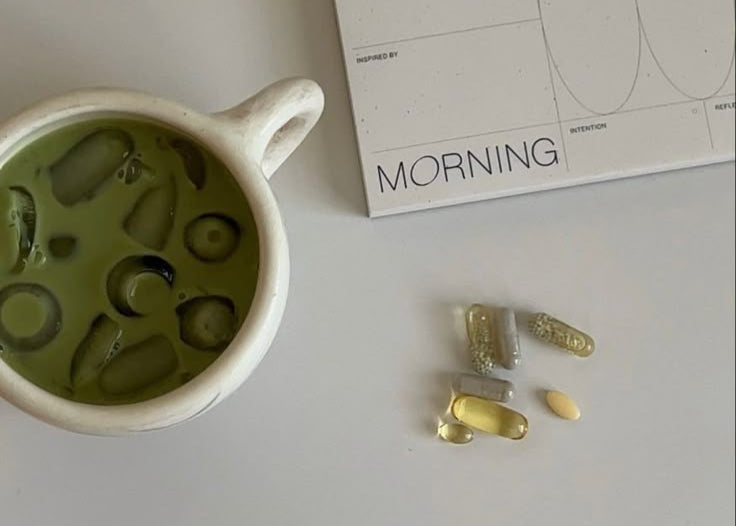When it comes to boosting your health, the wellness industry offers a dizzying array of options—capsules, powders, tinctures, and whole herbs. But not all herbal products work the same way in your body. The form you choose can make a huge difference in how well your body absorbs and benefits from the herbs.
While capsules are popular for convenience, tinctures often offer superior absorption, faster effects, and more potent benefits. If you're investing in herbal remedies, choosing the right form can determine whether your body truly gets what it needs.
Why Tinctures Work Better Than Capsules
Tinctures are liquid herbal extracts that preserve the active compounds of an herb in alcohol or glycerin. Unlike capsules, which must be broken down by the digestive system, tinctures are absorbed quickly into the bloodstream—especially when taken under the tongue. This makes them:
- Faster Acting – Enter the bloodstream within minutes, rather than hours.
- More Bioavailable – Bypasses digestion, making the herbs easier to absorb.
- More Potent – Alcohol extraction pulls out a wider range of medicinal compounds than capsules can provide.
- Easier to Take – No need to swallow large pills, making them great for kids and those with digestive issues.
Capsules vs. Tinctures: What’s the Difference?
Capsules may seem like a convenient option, but they come with some downsides that many people don’t realize:
- Slower Absorption – Capsules must be broken down in the stomach, which can delay effects by hours.
- Reduced Potency – The extraction process for capsules often misses key plant compounds that alcohol-based tinctures retain.
- Less Bioavailability – If digestion is weak (due to low stomach acid, gut issues, or stress), the nutrients in capsules may not be fully absorbed.
- Harder to Customize – Tinctures allow for flexible dosing, whereas capsules are pre-measured and less adaptable.
How the Body Absorbs Herbal Nutrients Best
Your body is designed to absorb nutrients in their most bioavailable form. Tinctures, which are already in liquid form, require no digestion and can be directly absorbed into the bloodstream. Capsules, on the other hand, depend on stomach acid, bile, and enzymes to break them down before they can be used.
For individuals with gut inflammation, leaky gut, or sluggish digestion, tinctures are often the better choice since they don’t rely on digestive function to be effective.
When Are Capsules Necessary?
While tinctures are more efficient for absorption, capsules may still have their place:
- For bitter herbs – If the taste of an herb is too strong, capsules can help mask the bitterness.
- For slow-release effects – Some herbs work best when broken down over time, rather than absorbed rapidly.
- For sensitive individuals – Those who can’t tolerate alcohol may prefer glycerin-based tinctures or capsules.
However, for most herbal remedies, tinctures offer stronger, faster, and more complete absorption.
Best Herbal Tinctures for Common Health Concerns
If you’re looking to upgrade from capsules to tinctures, here are some of the best herbal tinctures for key health concerns:
✓ Stress & Adrenal Support → Ashwagandha, Holy Basil, Rhodiola
✓ Sleep & Relaxation → Passionflower, Valerian, California Poppy
✓ Digestive Health → Gentian, Dandelion, Ginger
✓ Immune Support → Astragalus, Echinacea, Elderberry
✓ Hormone Balance → Chasteberry, Dong Quai, Shatavari
Final Thoughts: Should You Choose Tinctures Over Capsules?
If you want faster absorption, stronger potency, and better bioavailability, tinctures are often the superior choice over capsules. While capsules can be useful in certain cases, tinctures allow your body to receive herbal benefits more efficiently and effectively.
Next time you reach for an herbal supplement, ask yourself: Is there a tincture version that my body can absorb better? Your health might thank you for it.



